Catholic Homily for November 3, 2025
Who Are You Really Inviting?
Monday of the Thirty-First Week in Ordinary Time
Luke 14:12–14
Think about the last time you planned a dinner party, a birthday celebration, or even just decided to grab coffee with someone. Who did you invite? If you’re honest, you probably invited people who could do something nice for you in return – friends who might invite you to their parties, family members who remember your birthday, colleagues who could help your career, or neighbors who might return the favor someday.
This is completely normal human behavior. We naturally tend to invite people who can invite us back. We build relationships with people who benefit us somehow. We invest our time and energy in people who can give us something in return – whether that’s friendship, social status, business connections, or just a good time.
But Jesus has a radically different idea about who should be on our guest lists.
Hospitality on Jesus Sight
In today’s Gospel reading, Jesus is giving advice that sounds almost crazy by normal social standards. He’s basically saying, “Stop inviting people who can do something for you. Instead, invite people who can’t do anything for you at all.”
He gets very specific about who He’s talking about: the poor, the crippled, the lame, the blind. These are people who, in Jesus’ time and often in our time too, are overlooked, forgotten, or avoided. They’re the people who can’t throw parties for you, can’t advance your career, can’t make you look good to other people, and can’t pay you back in any material way.
When you invite people like this, there’s:
- No return gift – They can’t bring expensive wine or fancy desserts
- No social gain – Being seen with them won’t improve your reputation
- No networking benefit – They can’t open doors for you or introduce you to important people
So why would Jesus want us to do this? Because it reveals something beautiful about who God is and transforms us into the kind of people He wants us to be.
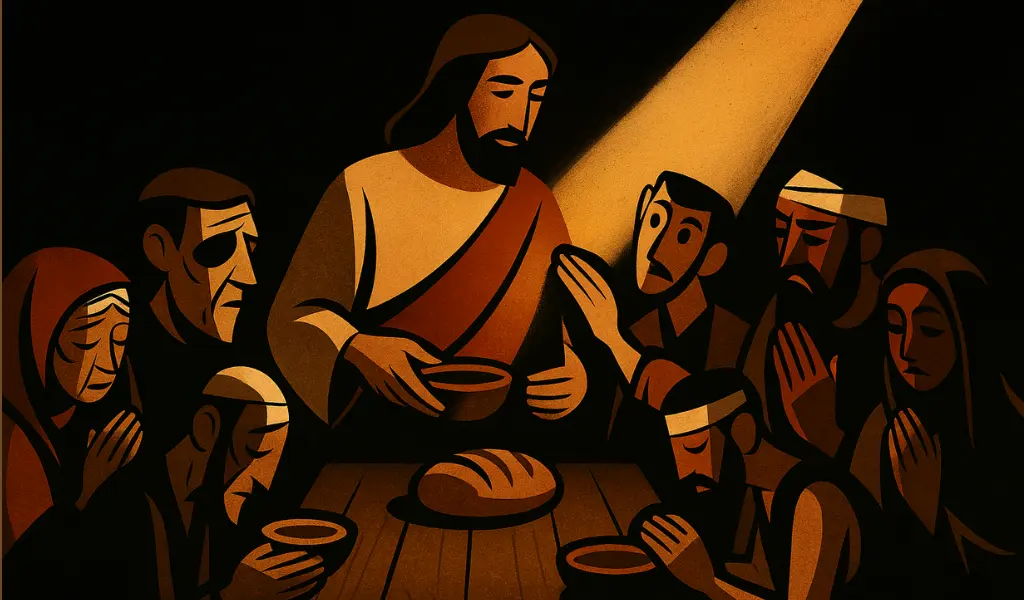
The Promise That Makes It Worth It
Jesus doesn’t leave us hanging with this challenging command. He makes an incredible promise: “Then you will be blessed… you will be repaid at the resurrection of the just.”
This means that when you show genuine kindness to people who can’t repay you, God Himself becomes your repayment. You’re not losing out on anything – you’re just changing who’s going to reward you. Instead of getting temporary rewards from people who might forget you next week, you’re getting eternal rewards from God who never forgets anything good you’ve done.
The “resurrection of the just” refers to the final resurrection when all faithful people will be raised to eternal life. At that moment, every act of genuine, selfless love will be rewarded in ways we can’t even imagine now. The meal you shared with someone who had nothing to offer you, the time you spent with someone everyone else ignored, the money you gave to someone who couldn’t pay you back – all of it will be transformed into eternal joy.
Why This Kind of Charity Matters So Much
Charity without calculation reveals the Father. When you help someone purely because they need help, not because of what you might get out of it, you’re showing the world exactly what God is like. God doesn’t love us because we’re useful to Him or because we can do something for Him. He loves us simply because we exist and He created us. When we love without expecting anything in return, we’re acting like God acts.
It cleans the motive. Let’s be honest – a lot of our “good deeds” have mixed motives. We help people partly because it makes us feel good, look good, or get something we want. There’s nothing necessarily wrong with that, but it’s not the purest form of love. When you help someone who genuinely cannot help you back, your motive becomes much cleaner. You’re doing it purely out of love.
It turns a meal into sacrament and a table into altar. This is beautiful language that means something profound happens when we share our food, our time, or our resources with people who can’t repay us. The ordinary act of eating together becomes something holy – like receiving communion. Your dining room table becomes like an altar where sacred things happen. You’re not just feeding someone’s body; you’re participating in God’s work of caring for His children.
The Lists We All Keep
Be honest with yourself for a moment. We all keep mental lists of people we spend time with:
- Contacts – People who might be useful professionally
- Circles – People we hang out with socially
- Safe friends – People who make us feel comfortable and accepted
There’s nothing wrong with having friends and professional connections. The problem comes when these are the ONLY people on our lists. The Gospel challenges us to widen our lists, to look beyond our comfortable circles and see who’s been left out.
Love in Christ looks for those left out. This doesn’t mean you have to stop spending time with your current friends and family. It means you also intentionally look for opportunities to include people who usually get overlooked – the lonely, the poor, the socially awkward, the elderly, the sick, the disabled, or anyone else who might not have many people showing them kindness.
Three Practical Ways to Live This Today
Move #1: Add a Guest
Call or visit someone who cannot repay you. This might be:
- An elderly person in a nursing home who rarely gets visitors
- A single parent who’s struggling and could use some company
- Someone who’s sick and could use a meal or just a friendly conversation
- A person experiencing homelessness who could use a warm meal
- Someone new in your community who doesn’t know anyone yet
The key is picking someone who genuinely can’t do something equivalent for you in return.
Move #2: Add a Cost
Give quietly where it reduces your comfort. This means giving in a way that actually costs you something, not just giving from your surplus. It might be:
- Skipping a restaurant meal to buy groceries for a family in need
- Using vacation money to help someone pay their bills
- Giving up a personal luxury to donate to a charity
- Spending your free time helping someone instead of relaxing
The point is that your gift should represent a real sacrifice, something that makes your life a little less comfortable so someone else’s life can be a little better.
Move #3: Add a Prayer
Offer the hidden loss for the resurrection of the just. When you make these sacrifices, don’t just do them and move on. Intentionally offer them to God as prayers. Tell Him that you’re giving up this comfort or spending this money specifically because you trust His promise about being repaid at the resurrection. Turn your acts of charity into acts of worship.
The Beautiful Truth About the Poor
Here’s something that might change how you see people in need: The poor are Christ’s invitation. Jesus said, “Whatever you did for one of the least of these brothers and sisters of mine, you did for me” (Matthew 25:40). When you encounter someone who needs help and can’t help you back, that’s actually Jesus giving you an opportunity to serve Him directly.
Every homeless person you pass, every lonely elderly neighbor, every struggling single parent, every person with disabilities who gets ignored – they’re all carrying an invitation from Christ Himself. They’re asking you to open the door of your heart, set a place at your table (literally or figuratively), and let God be your repayment instead of expecting human rewards.
The Challenge here
This teaching of Jesus is challenging because it goes against our natural instincts for self-protection and social advancement. It asks us to invest in relationships that won’t obviously benefit us and to spend our resources on people who can’t return the favor.
But it’s also incredibly freeing. When you stop calculating what you’re going to get out of every act of kindness, you discover a joy that’s much deeper than the temporary satisfaction of getting rewarded by other people. You start experiencing the happiness that comes from knowing you’re living like God lives – loving without conditions, giving without keeping score, and trusting that goodness itself is its own reward.
The promise Jesus makes is real: you will be blessed, and you will be repaid. Maybe not immediately, maybe not in ways you expect, but certainly and completely at the resurrection of the just. Every act of genuine, selfless love is being recorded by the God who sees everything and forgets nothing good.
Prayer for the Day
Jesus, help us love without calculation and see the poor and forgotten as invitations to serve You. Give us courage to share beyond our comfortable circles. When we give to those who cannot repay us, help us trust You as our reward. Clean our motives so we give purely from love. Turn our charity into prayer. At the resurrection, may we hear, “Well done, good and faithful servant” because we chose to see You in the faces of the needy. Amen.
November 03, 2025: Bible Verse of the Day
— Luke 14:14 ESV
❤️ Thank You dear friend, hope this reflections touched you. 🙏 Please do not forget to share with your loved ones this november 3 homily.
If you like Catholic Homily for november 3, 2025, do not forget to give your comment below. And please 🫂 join our whatsapp channel for everyday 🔔 update 👇👇👇
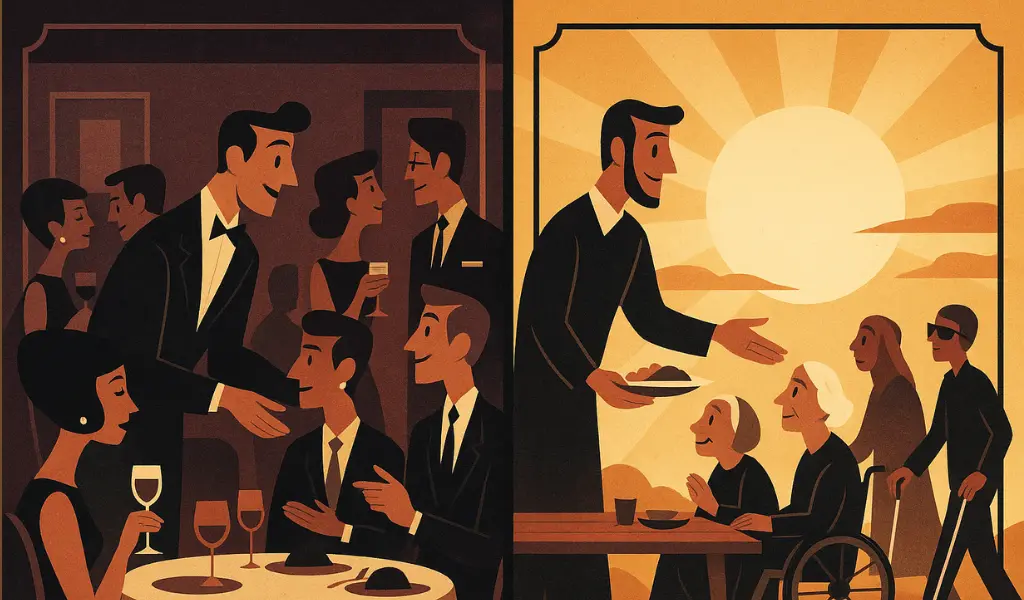
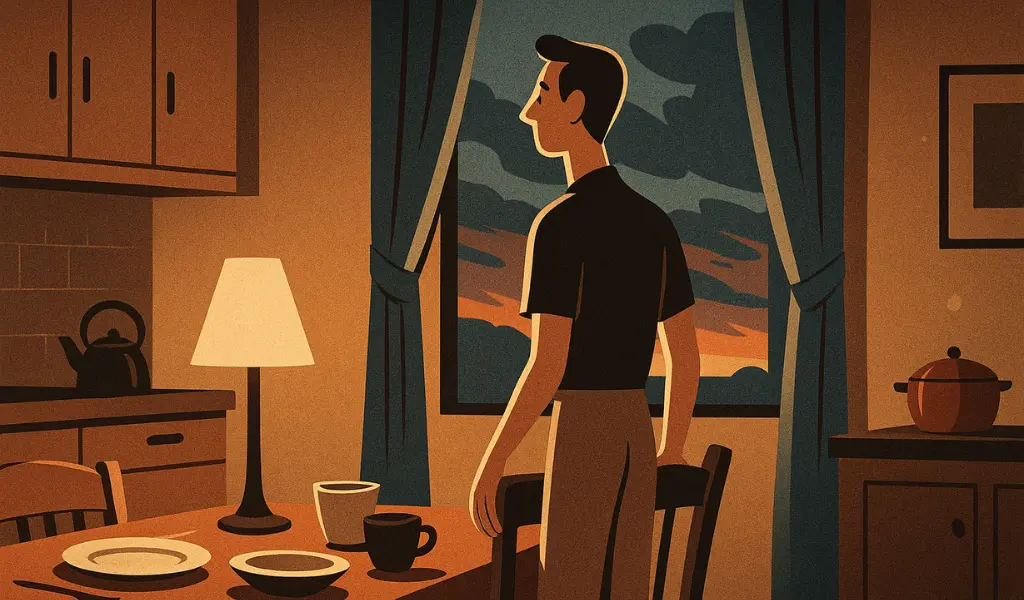
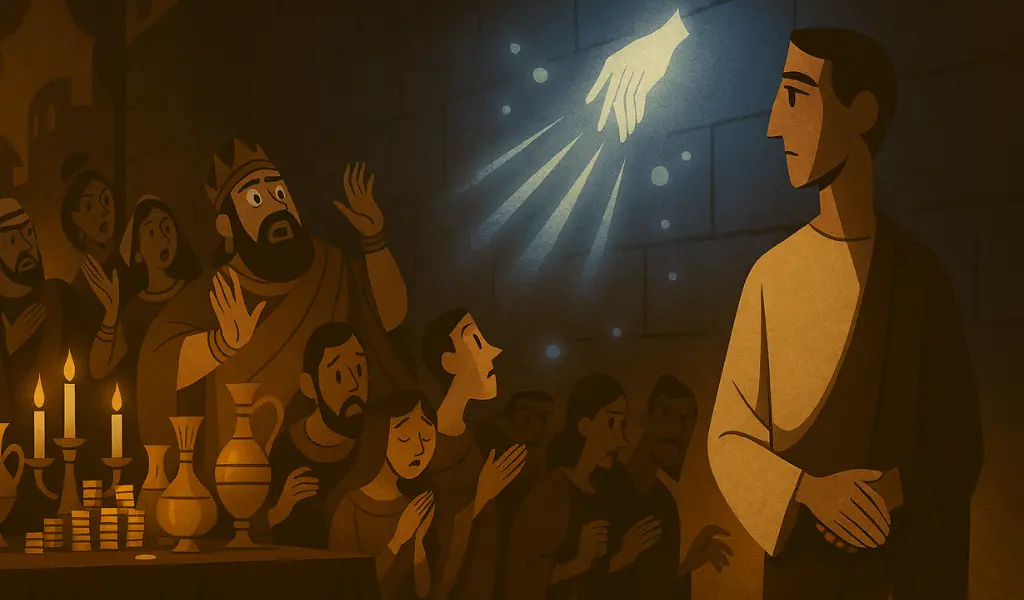
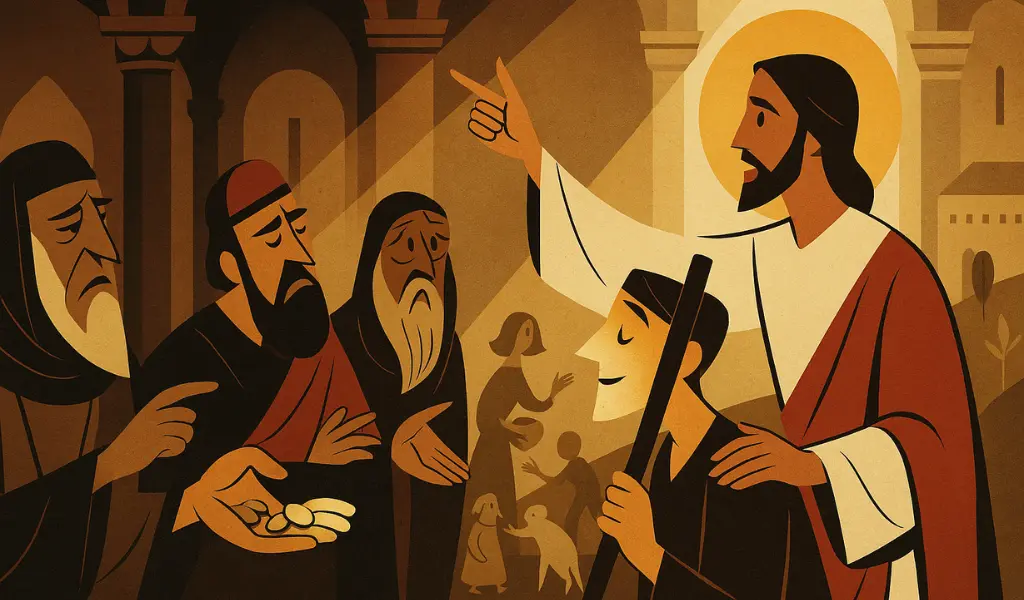

Leave a Comment